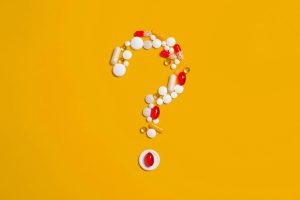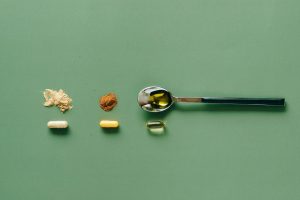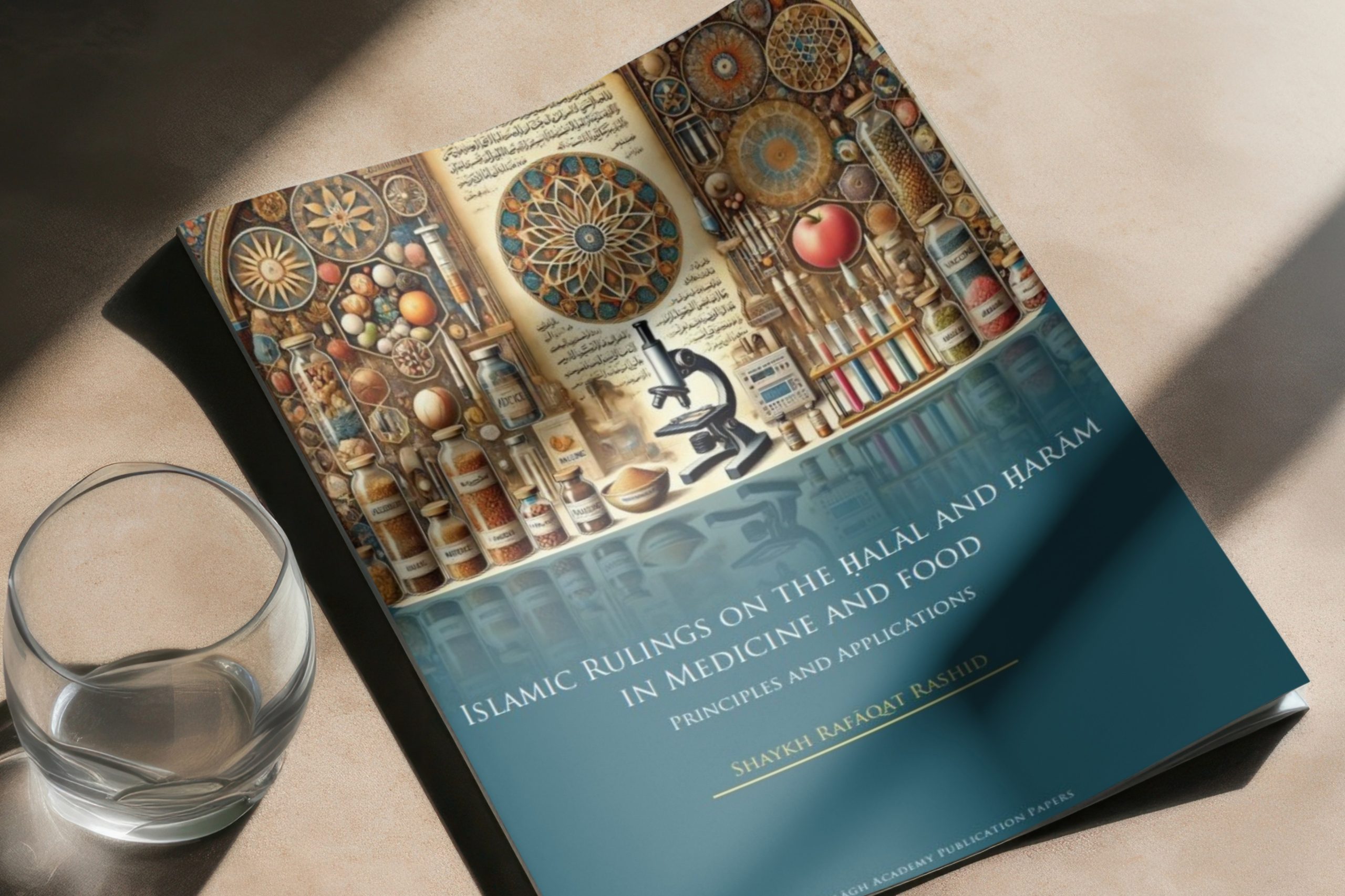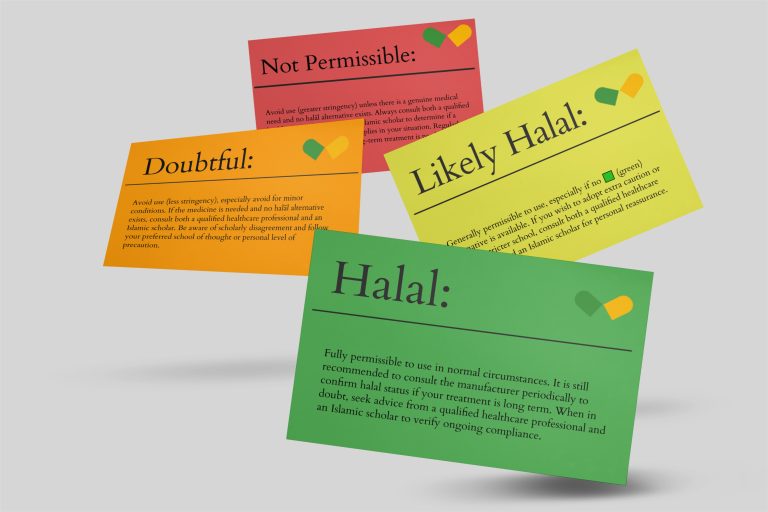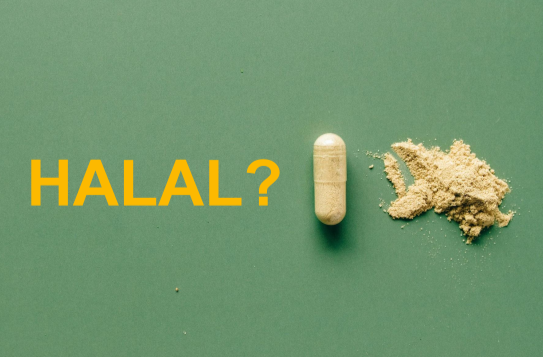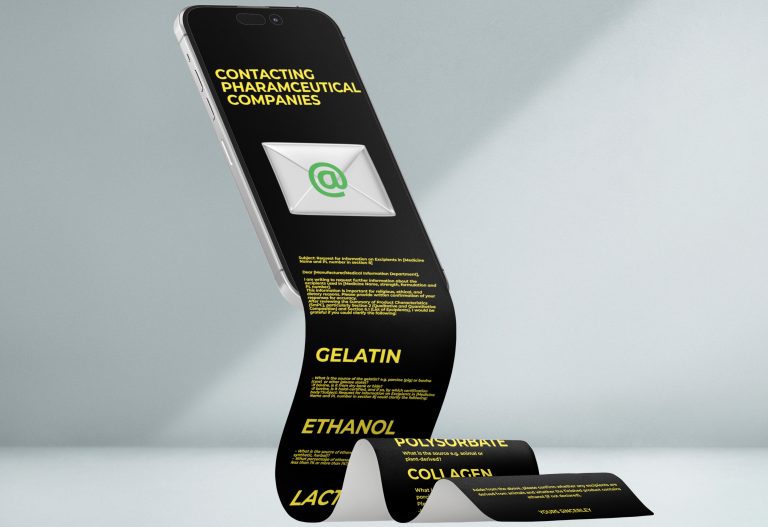Heparin in medicines
This resource explains the use of heparin in medicines and outlines the Islamic rulings on its permissibility.
What is heparin and how is it used in medicines?
- Heparin is an anticoagulant -blood thinner used in the prevention and treatment of the blood clotting.1
- It can be used in the settings of surgery, dialysis and various illnesses that include a risk of blood clotting such as deep vein thrombosis, atrial fibrillation and pulmonary embolism2.
- Heparin can also be given to hospitalized patients for prevention of blood clots due to prolonged immobilization. Heparin comes in the form of injectables and IV infusions.
🕌 Islamic ruling on heparin
| Source | Ruling |
|---|---|
| Porcine (pig)-derived heparin, (including low molecular weight heparin in the UK which is derived from porcine) | Haram unless there is a medical necessity, where there is no viable halal alternative available. (Hanafi,Maliki, Shafiʿi and Hanbali) |
According to all four Sunni schools of law, porcine-derived heparin (including the low molecular weight heparins (LMWHs) commonly used, such as enoxaparin and dalteparin)—is haram due to its source, as pig and its derivatives are intrinsically impure (najis).
However, its use becomes permissible under necessity (darurah), for example, when no suitable halal alternative exists or when its omission poses a significant or life-threatening risk, such as in the prevention or treatment of venous thromboembolism (DVT or PE) during pregnancy or the postpartum period.1
If you are unsure about taking or using medicines containing ingredients and/or excipients from haram sources, seek guidance from a practising Muslim HCP such as a pharmacist or doctor. Alternatively, consult your local Imam or a trusted Islamic scholar, ideally one who has knowledge and expertise in the fiqh (Islamic rulings) of medicine.
💭Did you know?
Even if a medicine contains an ingredient/excipient from a haram source, it may still be permitted in certain cases. Here are three Islamic maxims (principles):
- Medical need or necessity (hajah and darurah): Under this principle, if there is a medical necessity, such as an emergency situation, or where there is a strong chance the individual’s health will deteriorate, and if no viable halal alternative is available, then it is permitted to take a medicine containing heparin derived from haram sources, until a viable halal alternative becomes available.
- An impermissible medicine becomes permissible if five conditions are fully met (click here to learn what the five conditions are).
- Hardship begets facility (al-mashaqqa tajlib at-taysir): Under this principle, if applying religious practice becomes too burdensome or creates hardship, then leniency can be applied to ease it (Click here to read more). If you have tried your best to seek an alternative halal medicine and it becomes too difficult for you, this principle allows you to take/use the medicine you have been prescribed/supplied.
⚠️ Important information for patients
- Always take or use your medicine(s) exactly as directed or prescribed by your healthcare professional (HCP), such as your doctor or pharmacist
- Do not stop, delay, change or alter the way you take or use your medicine(s) without first discussing it with the HCP who prescribed or supplied it to you
- Always consult your HCP if you have any questions or before making any decisions about your treatment
- For Islamic guidance, seek advice from your local Imam or a trusted Islamic scholar – ideally someone with relevant knowledge and expertise in the fiqh (Islamic rulings) of medicines
- Use the information gathered to make an informed decision together with your HCP and, if needed, your local Imam or trusted Islamic scholar.
FAQs
Disclaimer
- This resource is for educational purposes only. It does not constitute clinical, medical, or professional healthcare advice and should not replace individual clinical judgement or qualified religious guidance
- Always consult your doctor, pharmacist, or other healthcare professional regarding your own medical conditions or for advice on treatment options
- Healthcare professionals remain fully responsible and accountable for decisions made within their own scope of practice.
References and resources
- Rashīd, R. (2024, November). Islamic rulings on the Ḥalāl and Ḥarām in medicine and food: Principles and applications. Al Balāgh Academy. Retrieved from https://halalmed.org/wp-content/uploads/2025/10/Islamic-Rulings-on-the-Halal-and-Haram-in-Medicine-and-food-Principles-and-Applications.pdf ↩︎
- Patel, P., & Huang, D. (2025, August 9). Heparin. In StatPearls [Internet]. Treasure Island (FL): StatPearls Publishing. Retrieved from https://www.ncbi.nlm.nih.gov/books/NBK538247/ ↩︎
- Worcestershire Acute Hospitals NHS Trust. (n.d.). Key document 1556 [Policy document]. Retrieved from https://apps.worcsacute.nhs.uk/KeyDocumentPortal/Home/DownloadFile/1556 ↩︎


